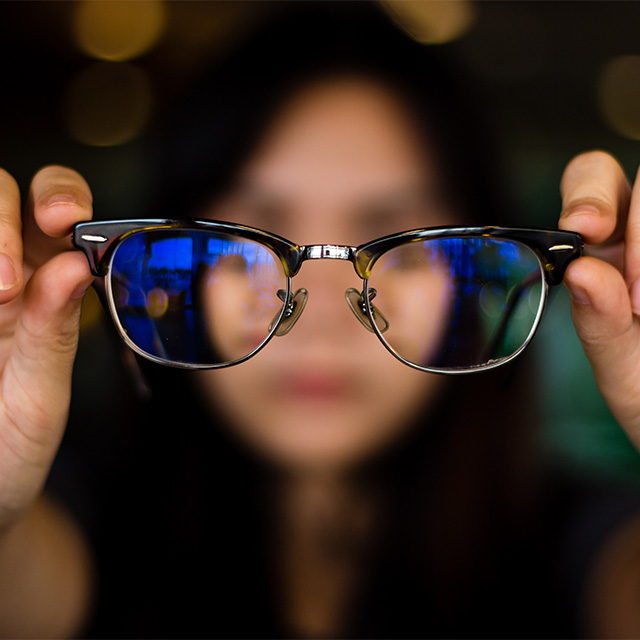
Suffering a stroke can bring about profound changes, not only in one's physical abilities but also in visual abilities. Post-stroke vision problems can significantly impact daily life, but there is hope for recovery through post-stroke vision therapy.

How Does a Stroke Affect Vision?
A stroke occurs when blood flow to the brain is disrupted, sometimes leading to brain damage. This impact can result in a host of challenges, including weakness or paralysis, memory and speech difficulties, confusion, balance issues, and vision changes.
Possible vision changes include:
-
Binocular Vision Issues
Binocular vision, which allows the brain to merge images from both eyes into a single, clear image, may be affected after a stroke. This can lead to double vision, depth perception problems, headaches, eyestrain, and difficulty with tasks like driving.
-
Visual Field Loss
Some individuals may experience loss of peripheral vision, causing a partial or complete blind spot in their visual field.
-
Ocular Motor Dysfunction
This condition can disrupt smooth eye movements, making reading and walking more challenging.
-
Strabismus
Also known as "crossed eyes," strabismus affects eye alignment and can impact vision.
-
Visual Perceptual and Processing Deficits
Difficulties in processing visual information in the brain can lead to perceptual issues.

Even if there's nothing wrong with the eyes, brain damage can limit one’s vision. Vision therapy bridges the gap, enhancing the connection between the eyes and the brain and improving various stroke-related vision problems.
Vision therapists employ various techniques and tools, including games, balance exercises, prisms, and special lenses. These therapies are designed to maximize vision and help stimulate and reinforce the brain-eyes connection, thereby enhancing daily functioning.
When to Consider Vision Therapy After a Stroke
-
At the Onset of Visual Changes
When you start experiencing visual changes after a stroke, incorporating vision therapy into your recovery plan early on can help you regain lost visual function.
-
Persistent Visual Symptoms
If vision problems persist or worsen as you recover from a stroke, it's crucial to address them promptly. Vision therapy can help manage and improve these persistent symptoms.
-
Balance or Coordination Issues
Post-stroke vision therapy can help with balance, coordination, headaches, and dizziness caused by visual issues after a stroke. It can improve your vision and overall health.
-
Reintroducing Visual Activities
Whether reading, using a computer, or enjoying hobbies that require visual focus, therapy can help you regain the confidence to engage in these activities comfortably.
Vision Therapy in Warsaw

Meet our Eye Doctors

- Monday 8:00 am - 5:00 pm
- Tuesday 9:00 am - 6:00 pm
- Wednesday 8:00 am - 5:00 pm
- Thursday 9:00 am - 6:00 pm
- Friday 8:00 am - 5:00 pm
- Saturday Closed
- Sunday Closed
- VSP
- Medicare
- United Healthcare
- Aetna
- Cigna
- Spectera
- Superior Vision
- Davis Vision
- EyeMed
- Anthem Blue Cross Blue Shield

Restore Your vision with Warsaw Family Eyecare
Are you concerned about changes in your vision following a stroke or the stroke of a loved one? Vision therapy can make a meaningful difference.
Schedule an appointment with us today, and let us guide you on your journey towards improved visual independence.







